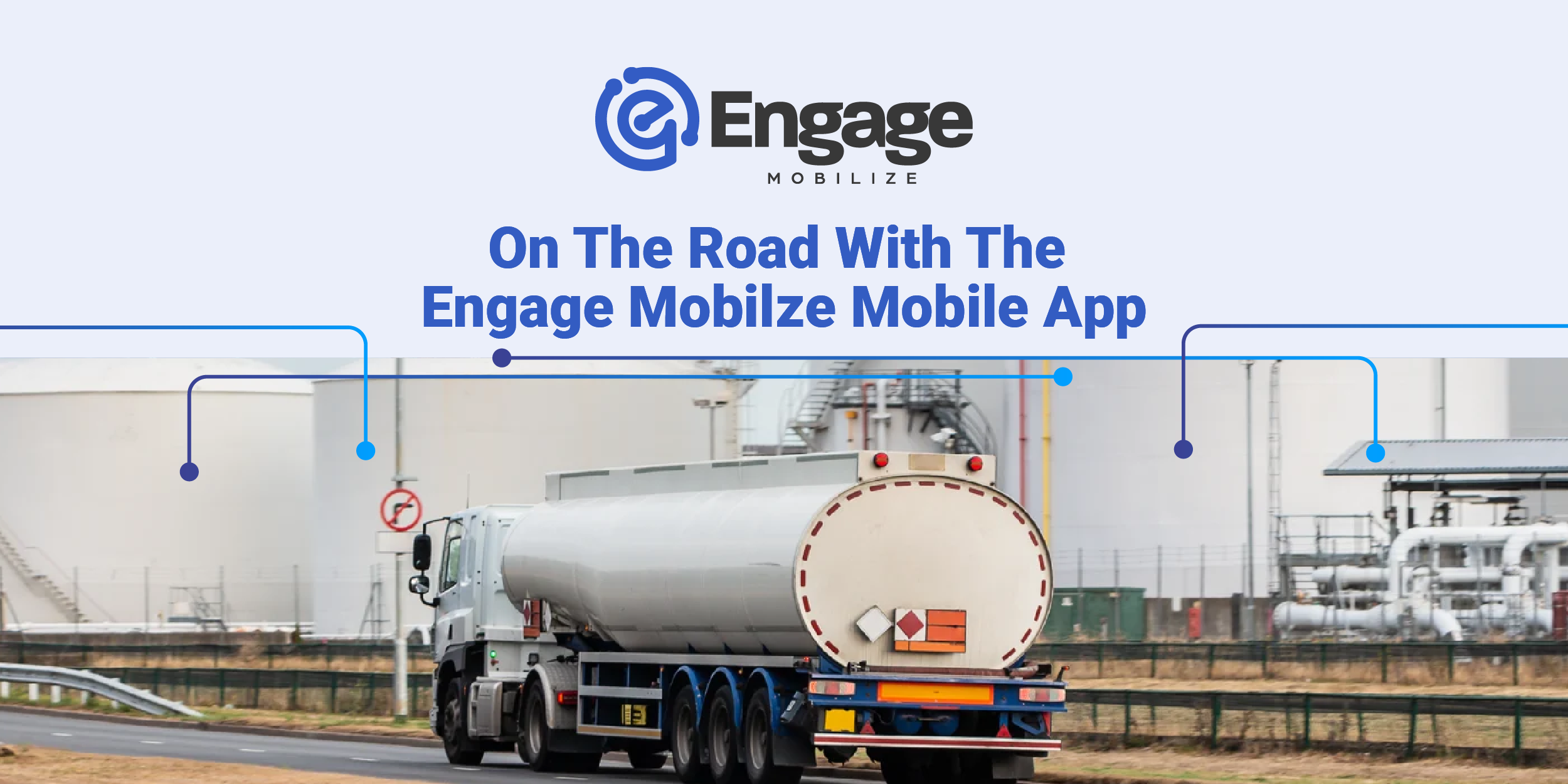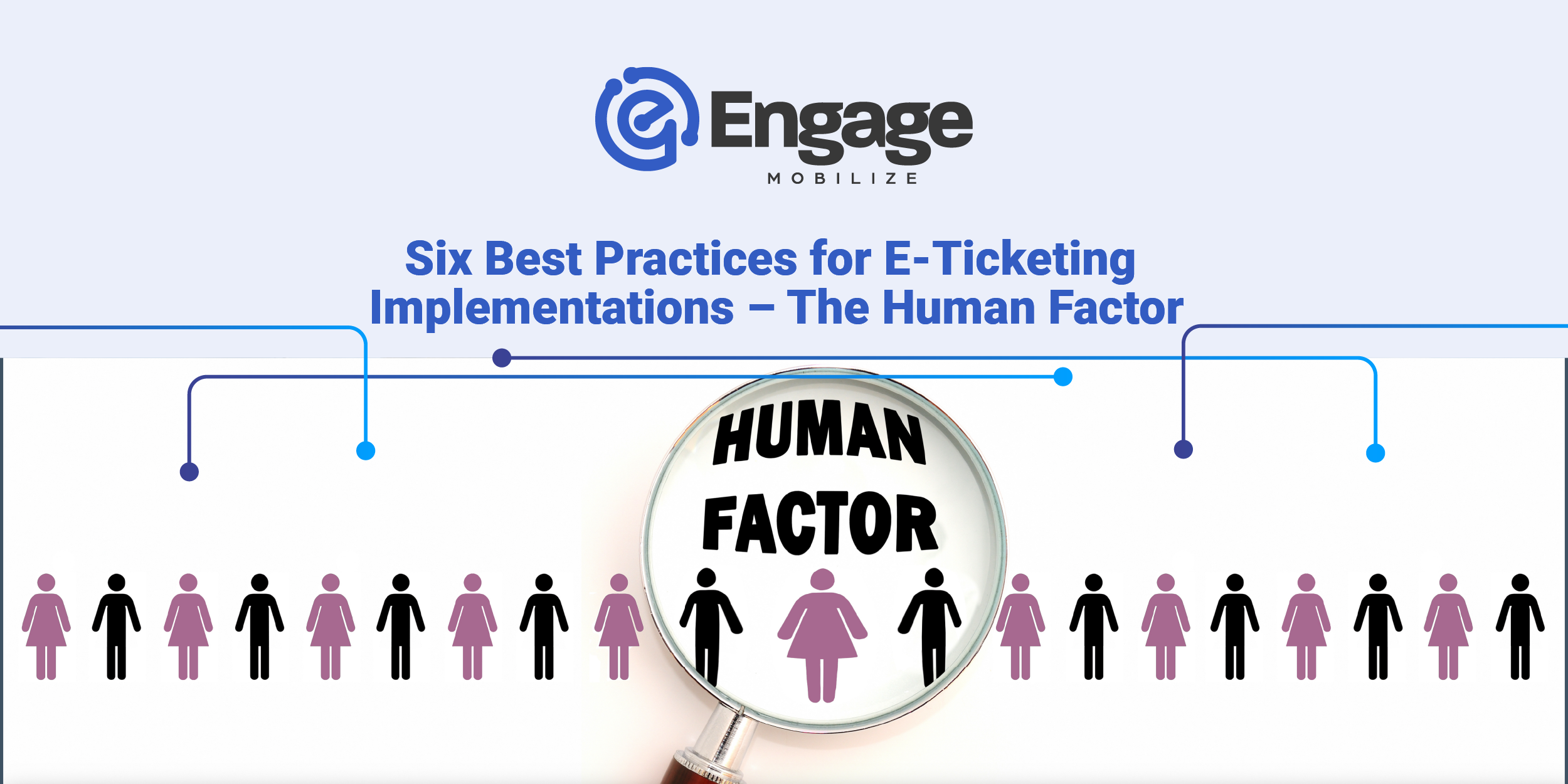Are Paper Field Tickets Costing Your Enterprise Money?

If you’re involved in any sort of industrial enterprise, field ticketing is the backbone that supports how well you function. Your system is supposed to manage job details, record data, and make sure your team has what it needs to get the job done. It even determines how and when everyone gets paid.
Having a paper ticketing system might have been fine when there were no other options. However, leaving the details of your company to bits of paper and human nature is leaving too much to chance. An evaluation of the true level of ticket discrepancies and inaccurate data would put most CEOs and CFOs in panic mode.
How much is your company losing by delaying a digital transformation?
How Obsolete Ticketing Systems are Hurting Your Business
Without diving too deep into your company records, just consider all of the time lost waiting for approvals, deliveries, and other transactions that rely on field ticketing. You can probably recall dozens of instances just in the past week.
Automation ensures that workers in the field are getting accurate data to submit to your accounting team, which is then passed on to customers and vendors. But, that’s not the only advantage that optimizing your workflows promotes.
Paper ticketing:
- Inhibits data-driven decision-making. Company leaders and managers at all levels need to know where production or deliverables are in the process at any given moment. They also need accurate, timely information in order to make data-driven decisions.
Relying on paper field tickets delays the process, which makes it more difficult to spot trends, identify problems, or plan for the future. Decision-making transforms into guesswork without accurate, real-time data to drive the process.
- Wastes time. How much time does it take a worker at your well site to fill out a paper ticket, hunt down a supervisor to get a signature, and then get back to work? That doesn’t even take into account delays between invoicing and payment if everything on the ticket is correct and approvals are granted right away.
You’re looking at hours wasted on the job, and delays of up to 22 days for payments to process. When time is money, no company has time for that.
- Contributes to lack of transparency. Say there are discrepancies or shortfalls. How long would it take to reconcile receipts or locate the problem if you had to do it by hand? What happens when field tickets are lost, damaged, or misfiled? Even if there is a digital backup, you still need the information from the paper ticket to input.
Operational transparency is critical, especially in regulated industries like oil & gas, and other fuel and energy-related companies. That’s tough to maintain when records are buried under a mountain of paper.
- Increases the likelihood of costly errors. No matter how attentive you are to detail, human error is baked into the best of us. A simple matter of transposing numbers can bring production or payment to a halt. Errors in invoicing, inventory management, or account reconciliation mean delays that can be avoided through a digital transformation.
- Slows production. Any delays in the process will slow production. That means deadlines aren’t being met, workers and customers are left waiting, and the whole enterprise suffers. Production and delivery delays don’t just affect your bottom line. They also lower morale and damage your brand.
Now, imagine how much more efficient and streamlined your whole energy operation would be with a digital field ticketing system that ties into all of your other platforms and takes human error out of the equation.
The Benefits of Automated Field Ticketing
Digital ticketing systems affect all areas of your enterprise and staff at every level in various ways. They allow workers in the field to match job or project types and part numbers on-site, and it ensures that the accounting department has accurate, legible information at hand.
Operations managers will have all of the data they need to make decisions, and they can segment the data by virtually any metric to gain a clear understanding of where projects and other important elements stand at any given time.
Automated field tickets reduce the billing cycle, which is a relief for suppliers or anyone else waiting for payment or reimbursement.
For example, implementing a comprehensive oilfield management system allows you to digitalize all workflows and have whatever data you need at hand in real-time, and from one dashboard. Scheduling, tracking, and approval can take place on sight, and any disputes can be held and managed at an operational level. That means faster reimbursements and order-to-cash turnarounds. Your vendors, accountants, and field team will thank you!
With digital ticketing systems, you’ll also improve efficiency in remote locations, such as drilling sites. These sites are notorious for having slow internet connections and dead spots, but electronic ticketing offers options for offline access. All of the pertinent information is gathered on-site and then transmitted automatically as soon as a network is available.
The job-to-invoice process is streamlined because all of the data is accessible from virtually anywhere on one platform. Compatibility issues with vendors, suppliers, and partners are also eliminated. Alert systems are available in different formats for immediate notifications on all networked devices.
Managing Your Digital Transformation
Oil & Gas and related industries are currently undergoing rapid digital transformation. Technologies like AI, IoT, and 3D scanning technology are game-changers that lower the cost of production, protect the environment, and keep prices stable. It also helps ensure that these highly regulated industries remain compliant.
While technology has improved processes in the field, much of the business intelligence at the office is still tracked and recorded manually. Automated invoicing and field ticketing brings all aspects of your operation together so that everyone is on the same page, and those who need the information can access it in real-time from any location.
In order to ease the process, operations managers and IT should coordinate their efforts by:
- Identifying the appropriate stakeholders for each facet of digital transformation
- Ensuring that everyone is on board and fully informed of the process, including outside vendors and suppliers
- Creating an actionable plan that includes milestones and a strict timeline
- Prioritizing data security at every step of the process
Ready to Automate Your Field Ticketing System?
When you’re ready to streamline your industrial business processes, Engage Mobilize has a solution for you. We offer a range of customized automation that will save time and money. Get in touch with us to schedule a consultation with a team member today.
Are you ready to learn more?
We’re ready to talk to you about the specific cost savings, workflow efficiencies and data insights that come from taking your field operations digital.
Share this
Similar Stories

Eliminate QuickBooks Data Entry with Engage Mobilize

On The Road With The Engage Mobilize Mobile App
